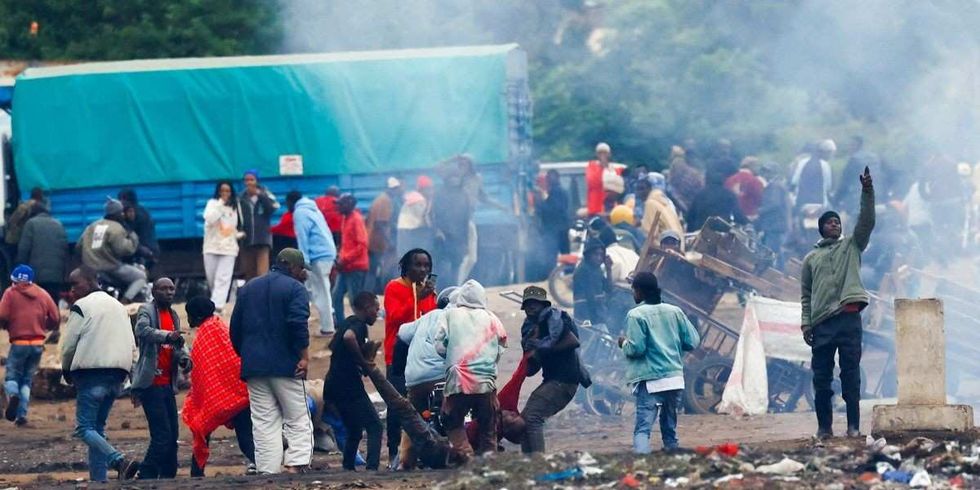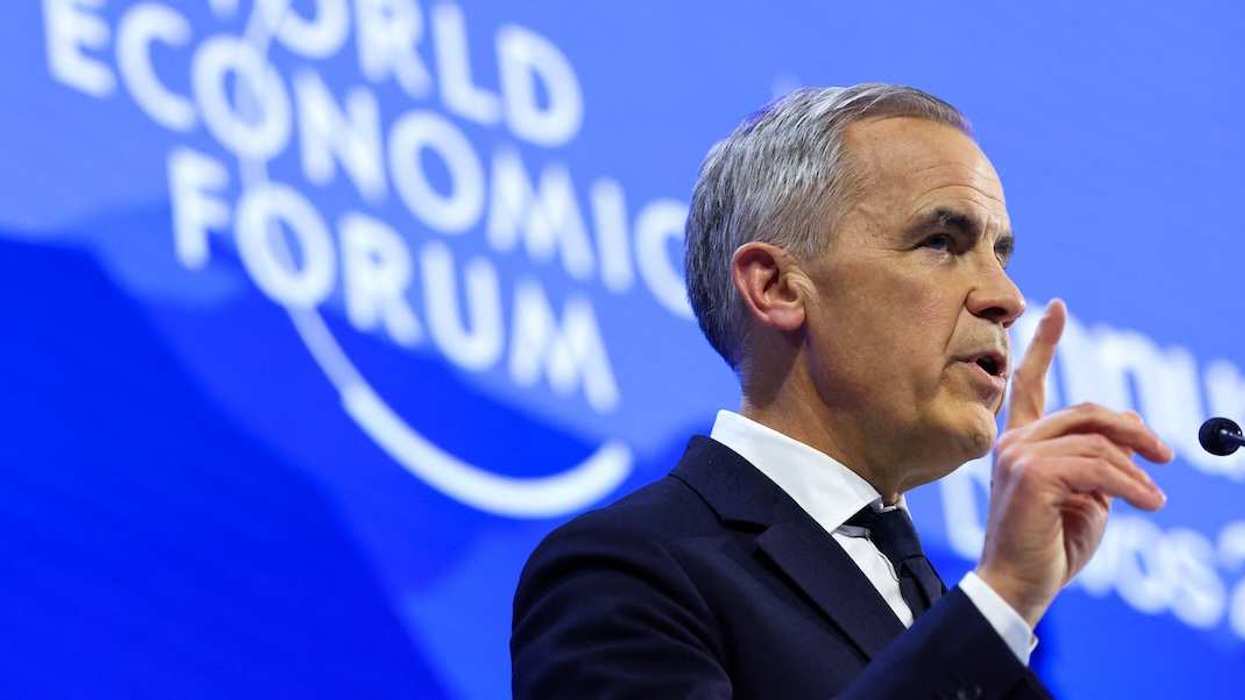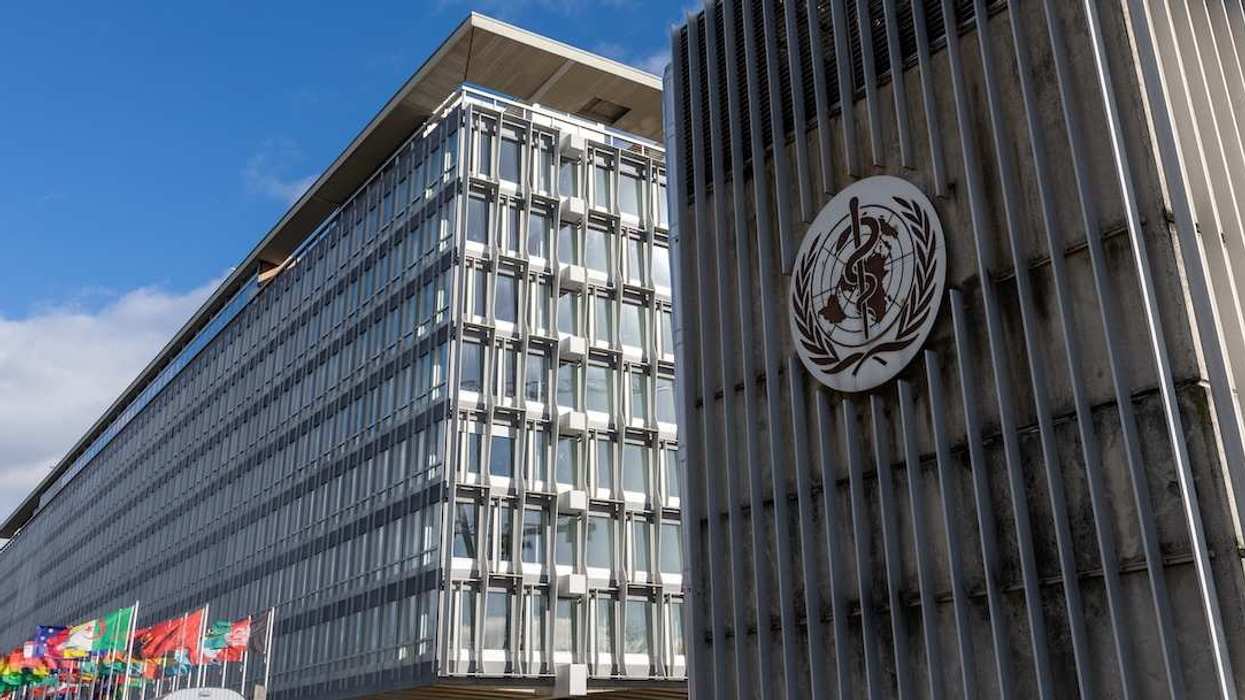That last move echoes a troubling trend of governments across Africa cutting internet access during moments of political uncertainty. Between 2016 and 2023, human rights groups claim African governments have shut down the internet 59 times during protests, 25 times during elections, 11 times during conflict and six times during military coups. In 2024, digital-rights monitors counted a record 21 shutdowns across 15 African countries, an all-time high, suggesting “digital darkness” is becoming a routine means of maintaining power.
How do shutdowns happen? Regulators order telecom companies to either pull the plug on internet access entirely, to throttle bandwidth to make services unusable, or to block specific platforms like X, WhatsApp, or TikTok. Officials generally justify the moves as necessary to curb “misinformation” or “incitement,” but the real goal is generally to limit opponents’ ability to mobilize supporters, share information, and alert the press to what is happening.
Why was there a shutdown in Tanzania? It’s a go-to move for the government there. Authorities first shut down the web during the 2020 election, blocking access to specific social media platforms. In August 2024, X was blocked and Tanzanian leadership ordered police to clamp down on youth organizing over Zoom; in October 2025 they cut access to Tik Tok Live and Instagram Live. Crackdowns have frequently coincided with the detention of opposition leaders.
Where else is this happening in Africa? Research has shown that the longer a leader is in power, the more likely they are to deploy digital repression. Africa has some of the longest-serving leaders on the planet, but also the youngest electorates, making for an increasingly volatile combination.
Internet access was curtailed this year in Congo, led by 79-year old President Denis Sassou Nguesso for 40 years, as the country grappled with a deepening civil war. Uganda’s president Yoweri Museveni – who is seeking to extend his 40 year term in next year’s elections – shut down the country’s entire internet during the 2021 election and has kept Facebook blocked ever since. Cameroonian president Paul Biya was just reelected for an eighth term, serving since 1982, and famously cut off internet service for 230 days in 2017, and multiple shorter times thereafter, including during the recent vote.
Conflict also serves as a pretext. The government of Ethiopia shut down internet and phone services in the province of Tigray for more than two years during its brutal civil war with separatist forces there. That effectively cut some 6 million people off from each other and from the outside world.
Do shutdowns work? While shutdowns can dampen protests for hours or days, they sometimes backfire long-term by galvanizing the opposition. Africa’s surge in shutdowns has been met by backlash from groups like the African Commission on Human and Peoples’ Rights and the #KeepItOn coalition, who shine a light on abuses.
How are people coping? Youth networks, opposition parties, and journalists are adapting in a variety of ways. Activists pre-plan offline “low-tech” communications, such as community radio; newsrooms prepare mirrored sites and satellite uplinks; election observers switch to analog reporting. Some users get around the blocks with Virtual Private Networks (VPNs) and mesh networks, while others “sideload” apps on Android devices from unofficial app stores.
In Tanzania, local outlets and digital-rights groups also flagged restrictions in real time, and international coalitions have been pressing the government – so far unsuccessfully – to restore service. But with digital connectivity the new currency of politics, it’s hard to see long-time African rulers giving up control just yet.


















